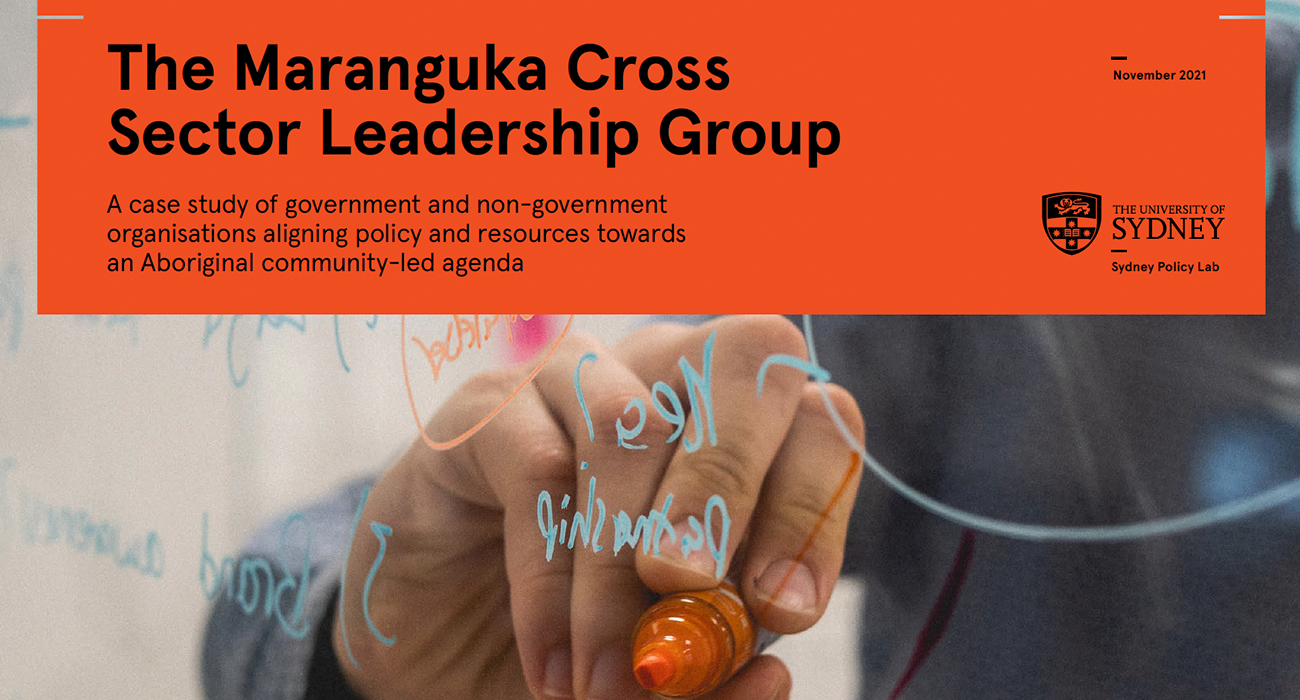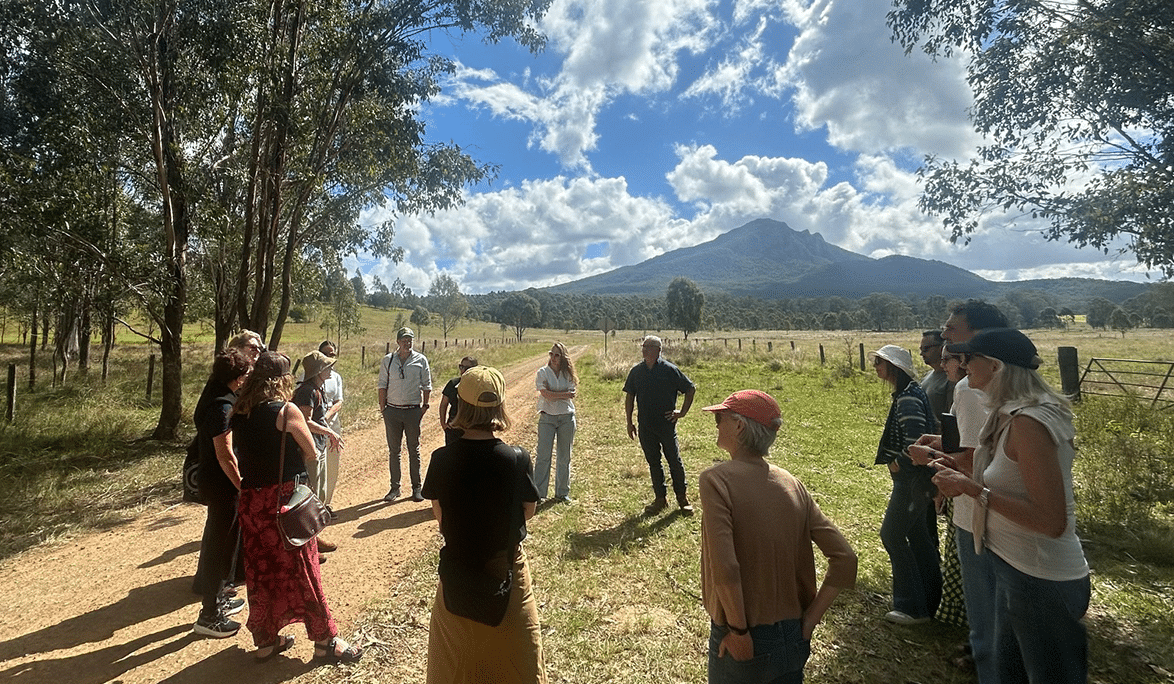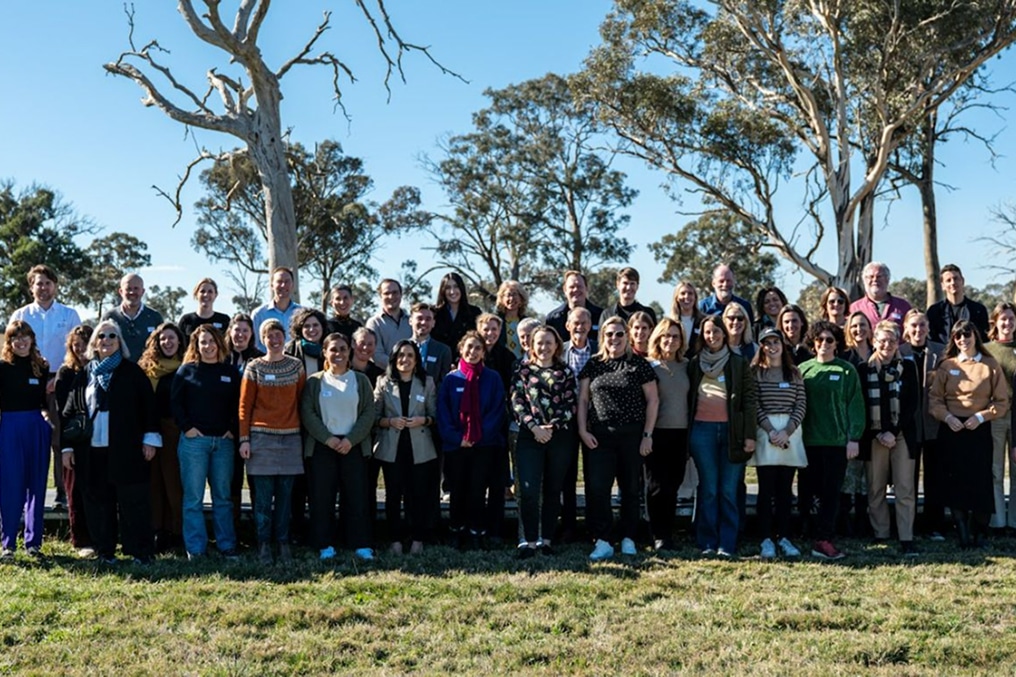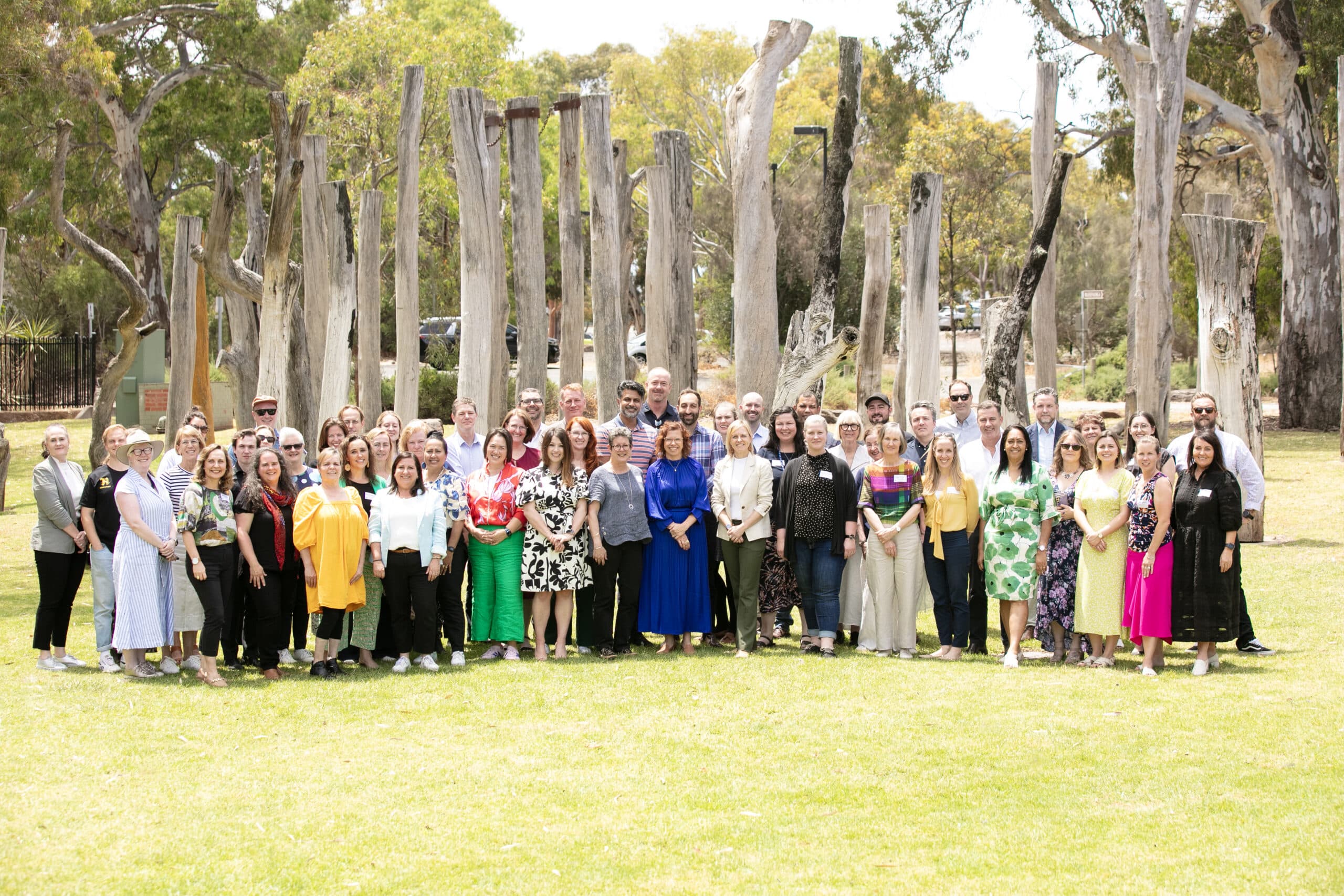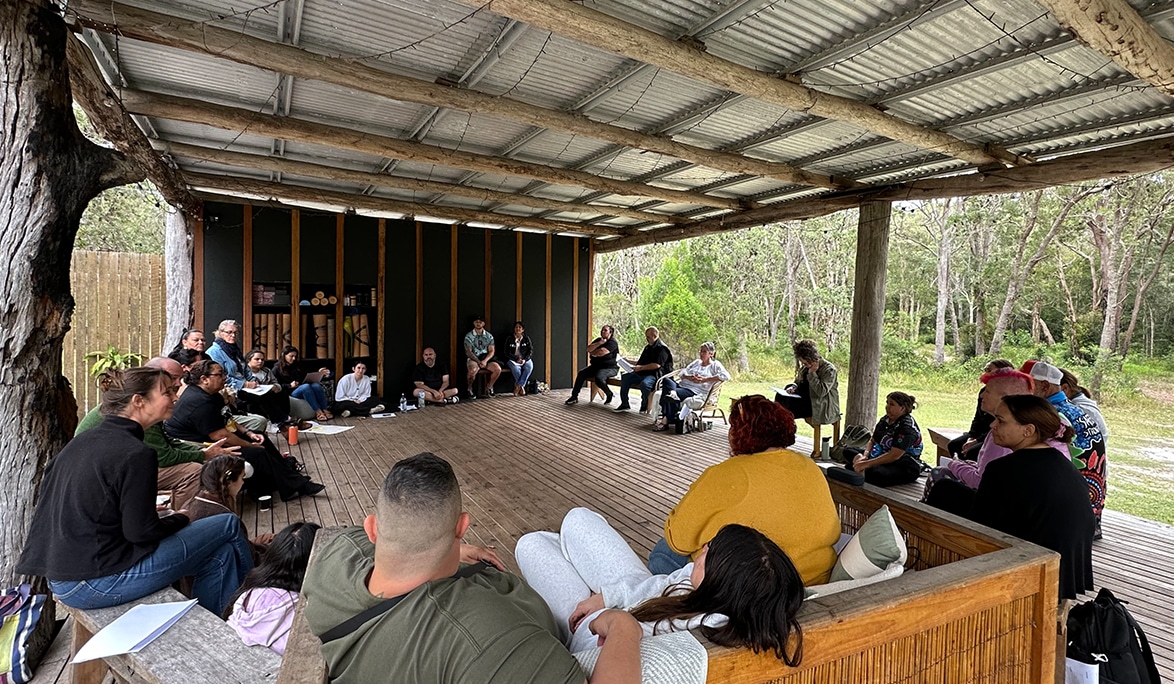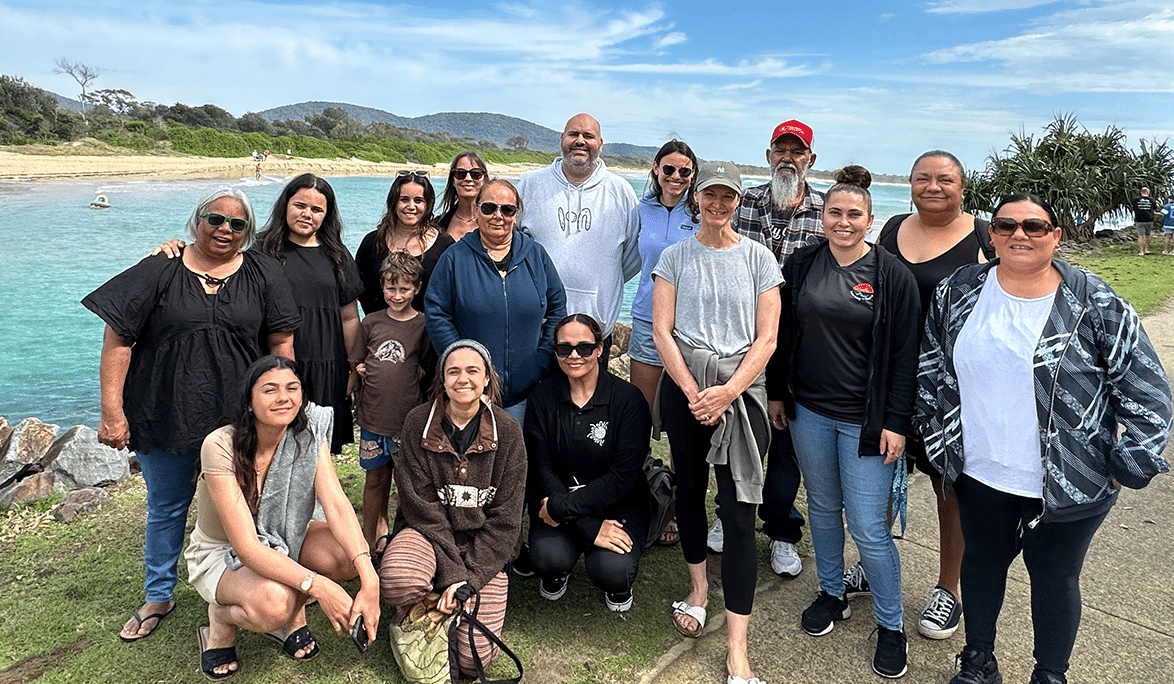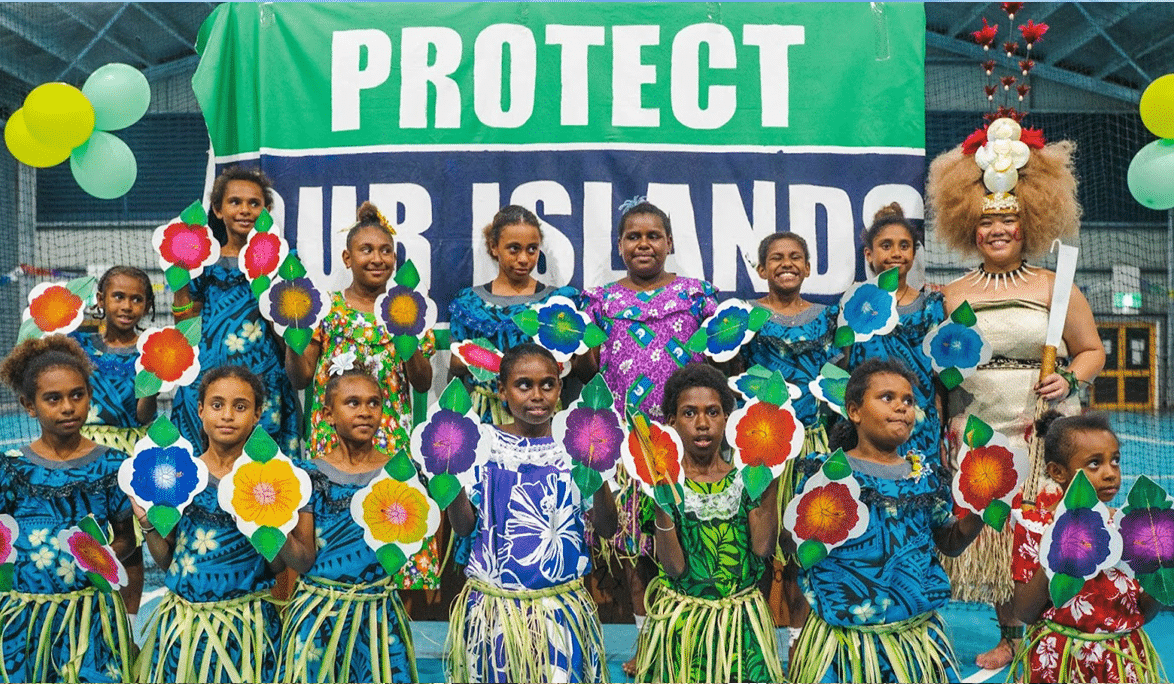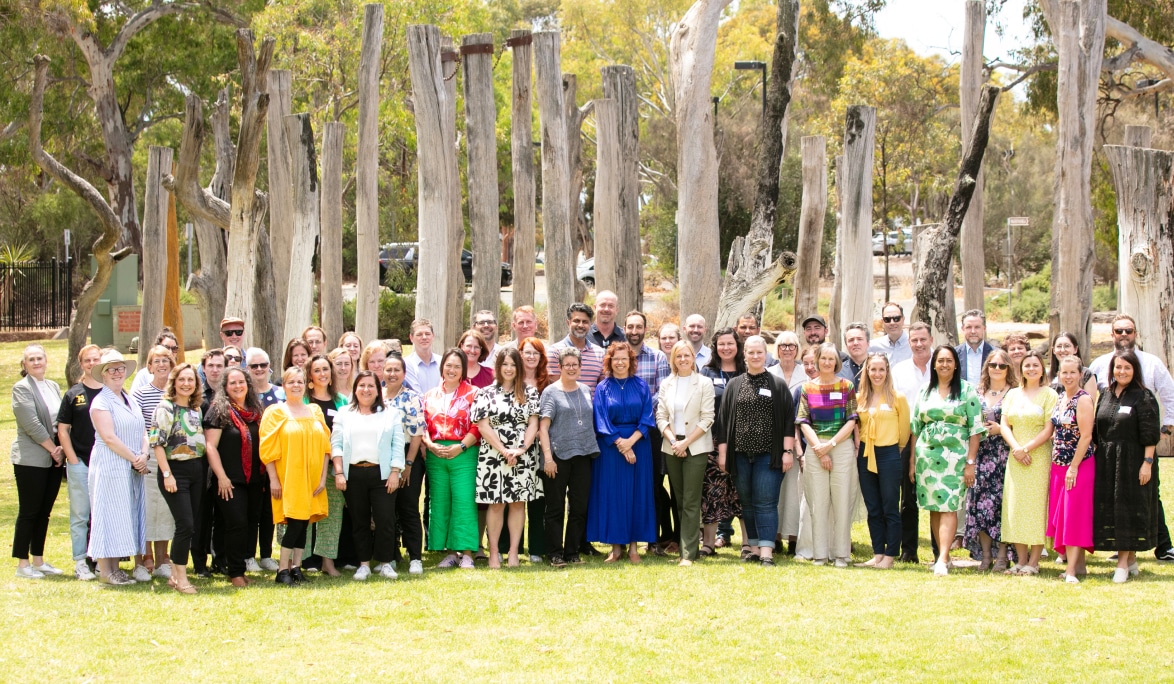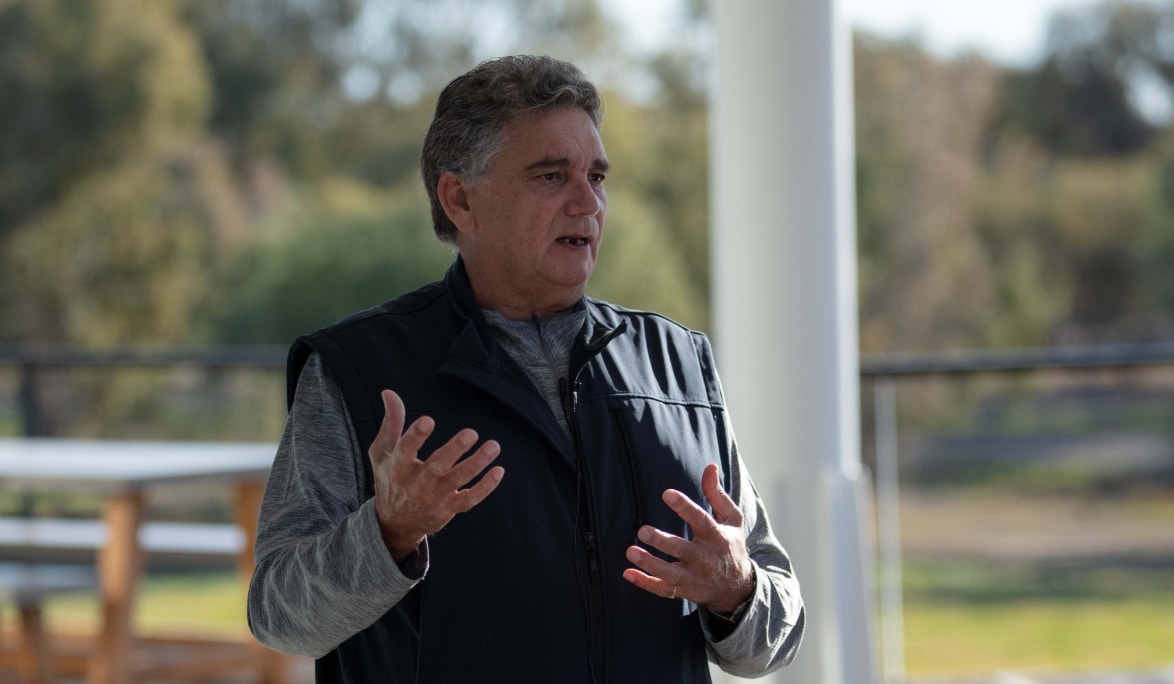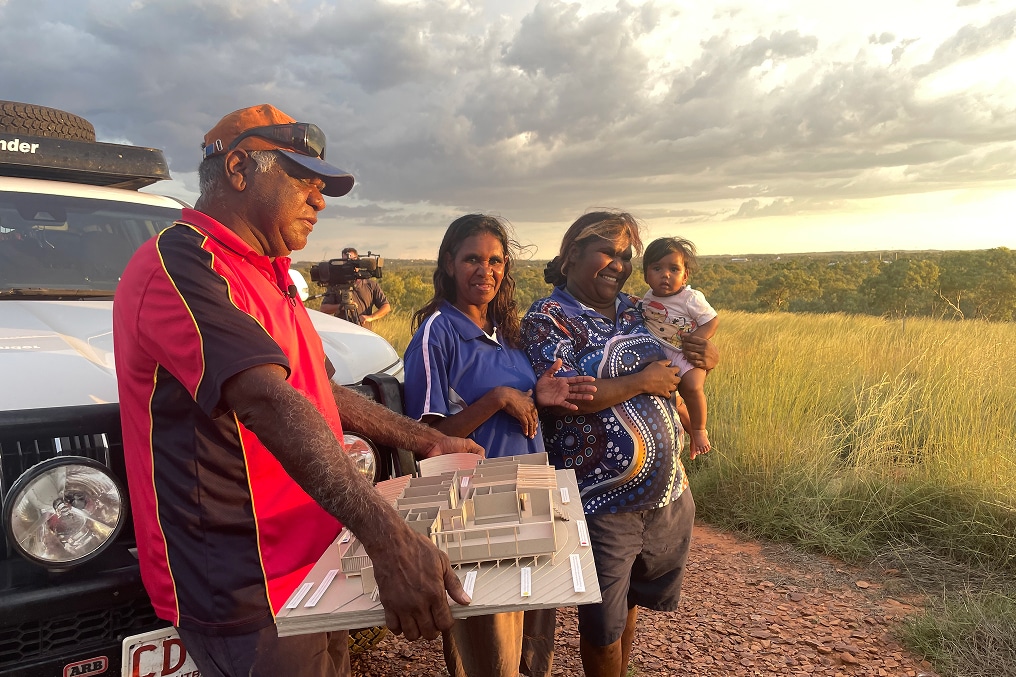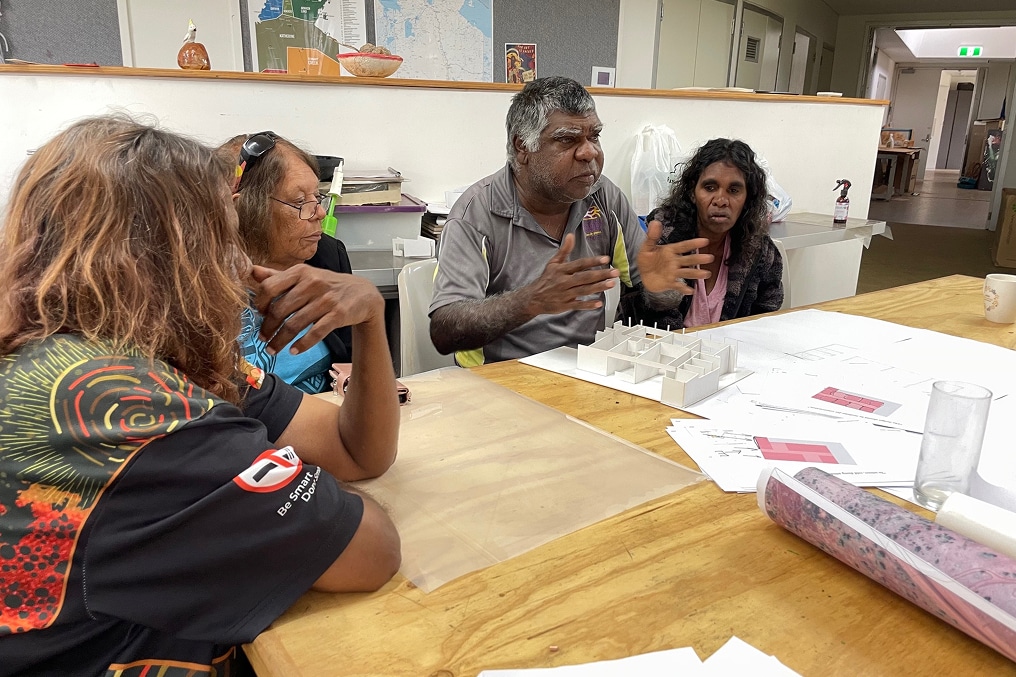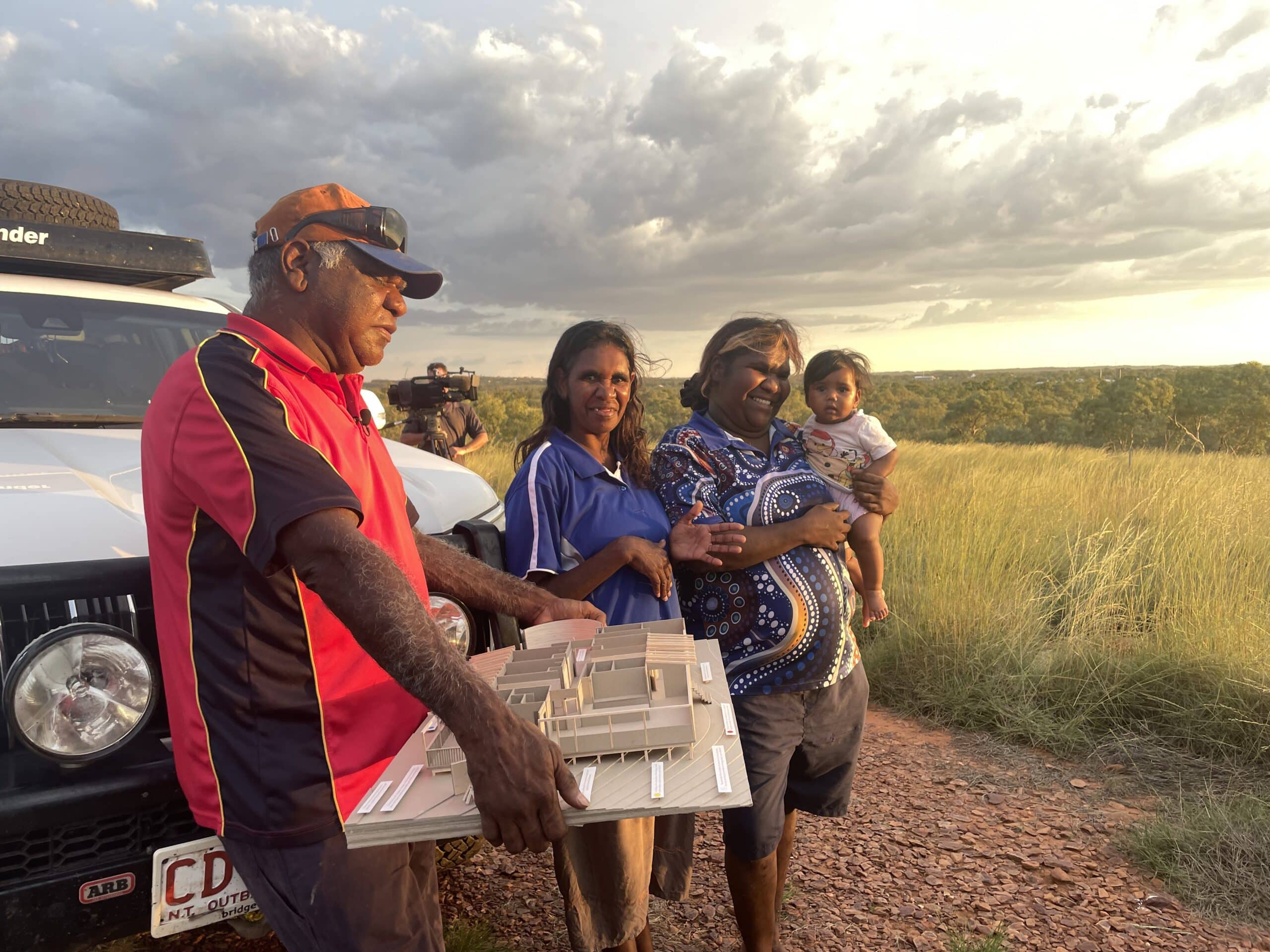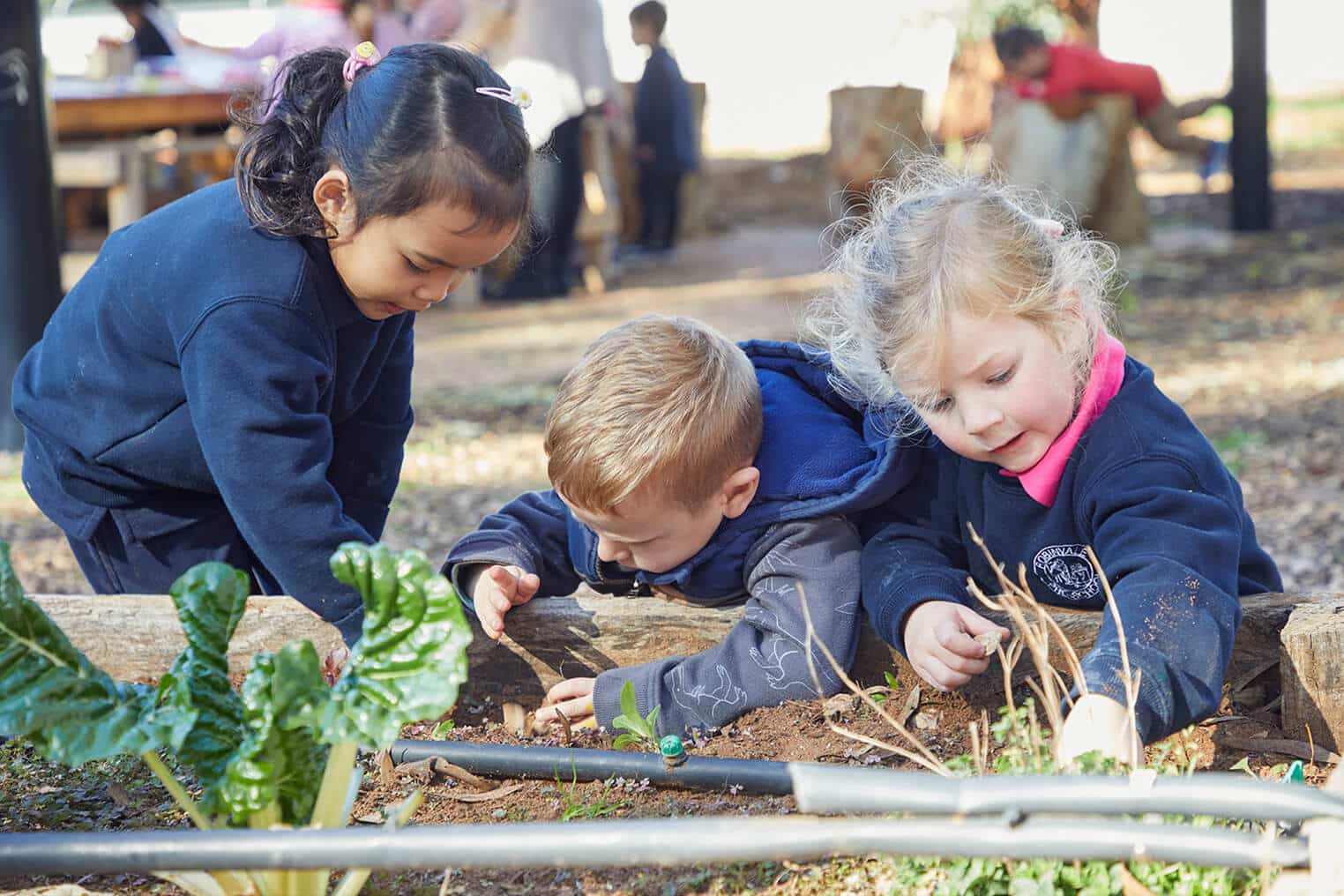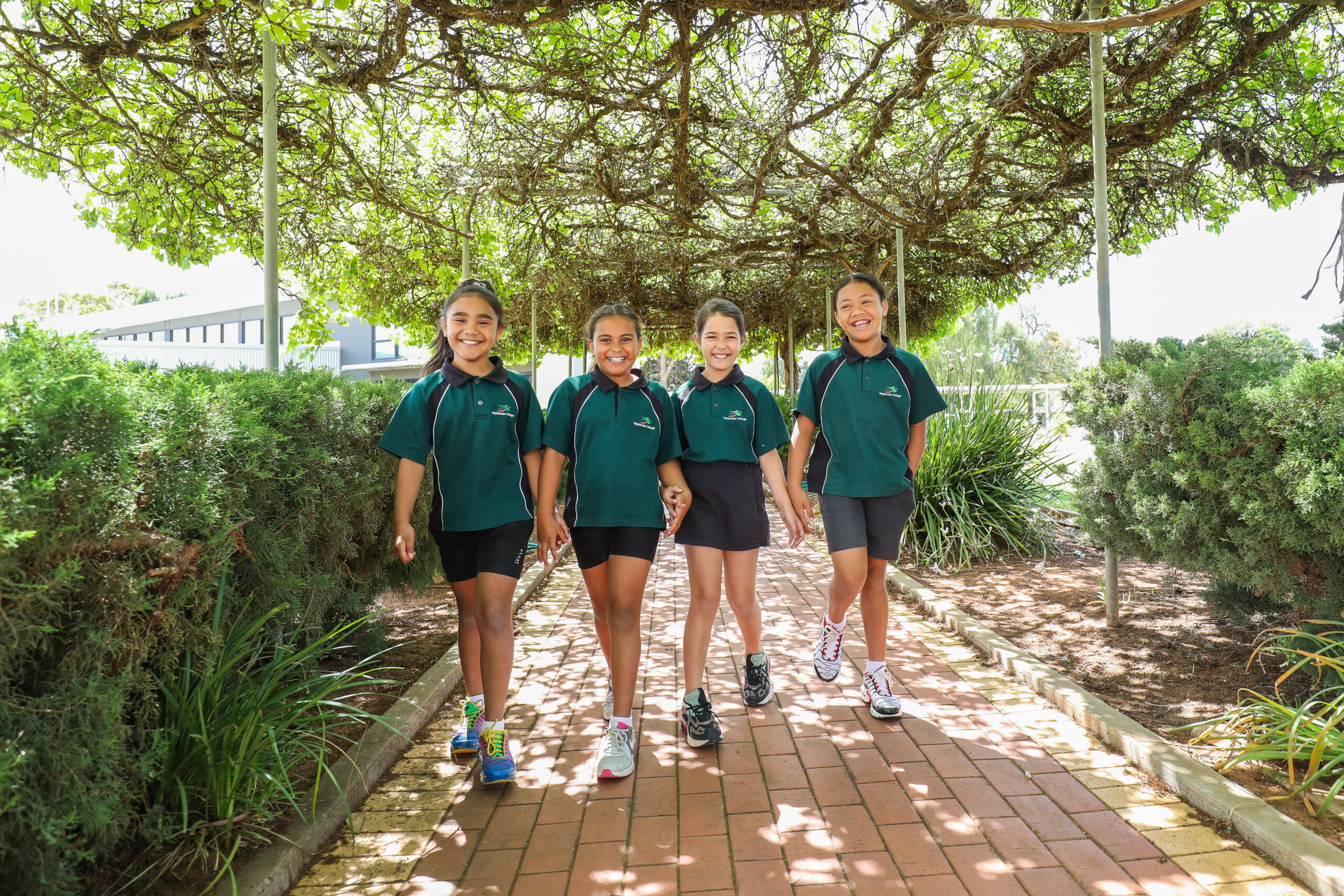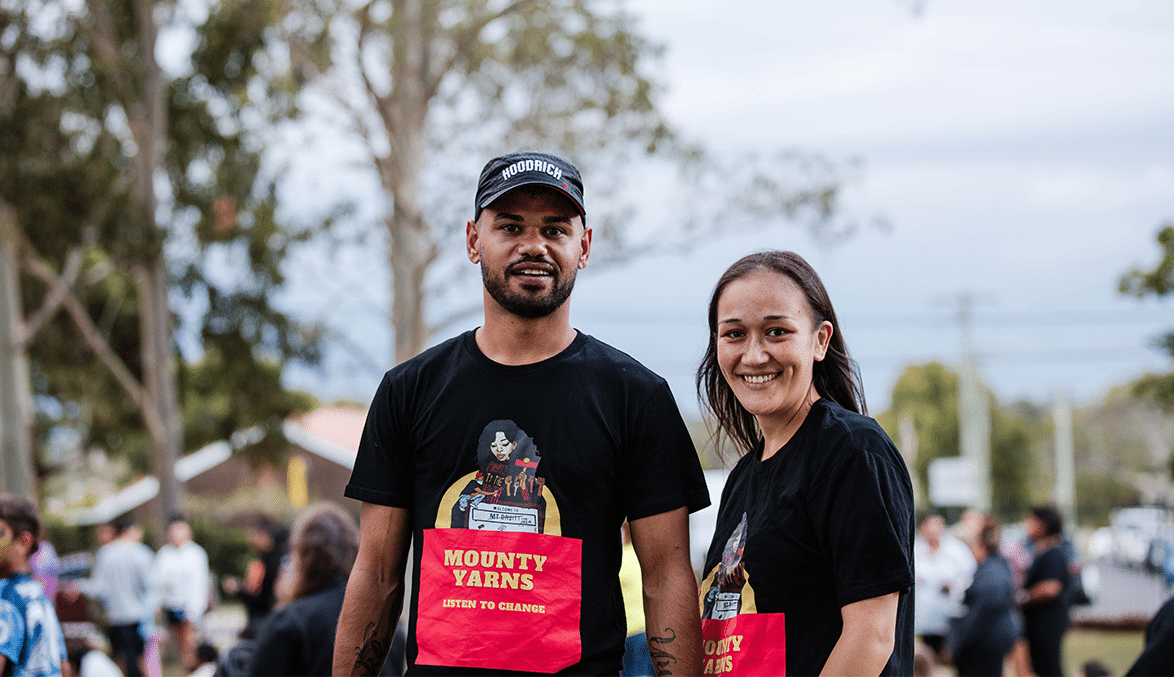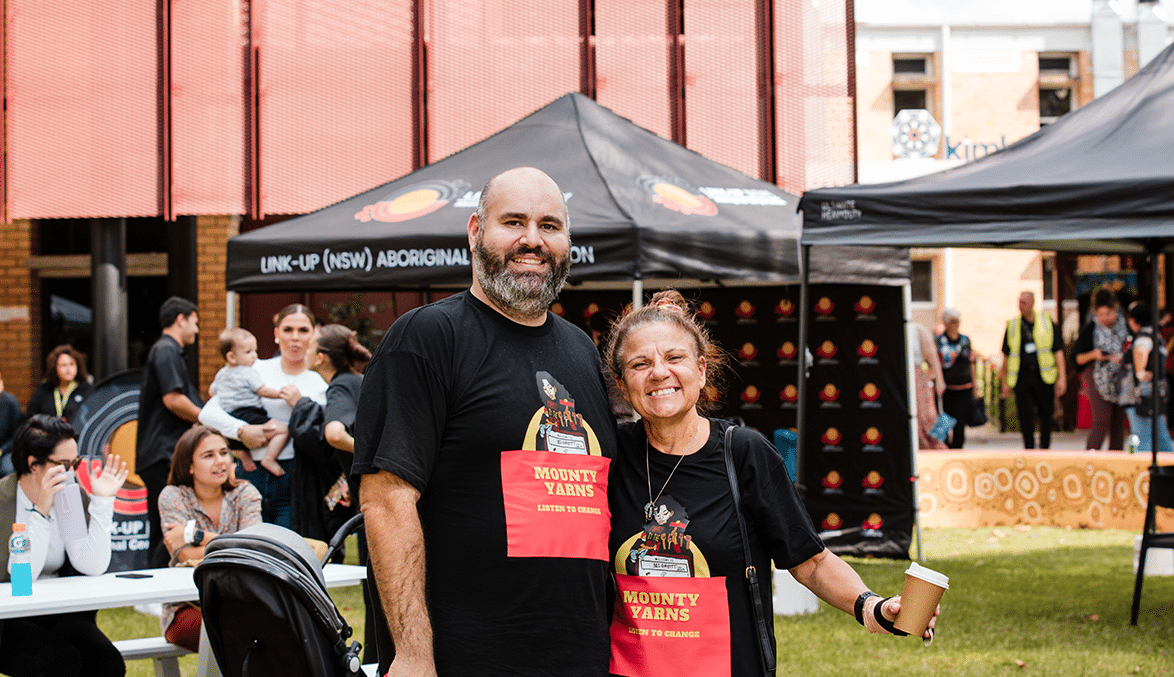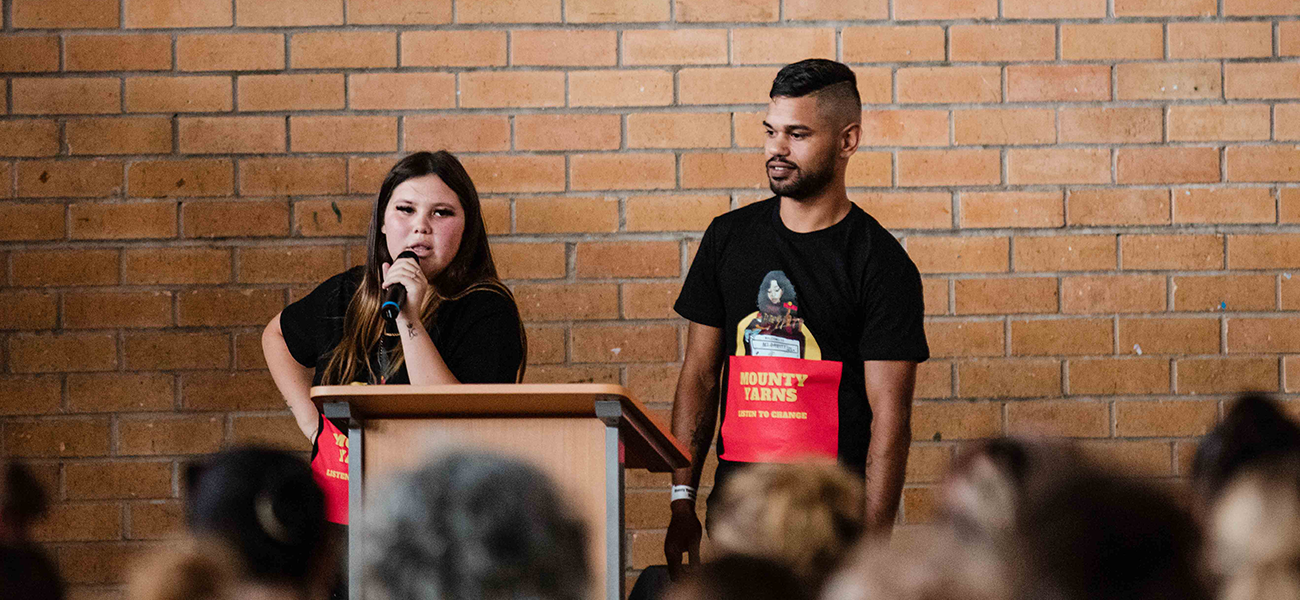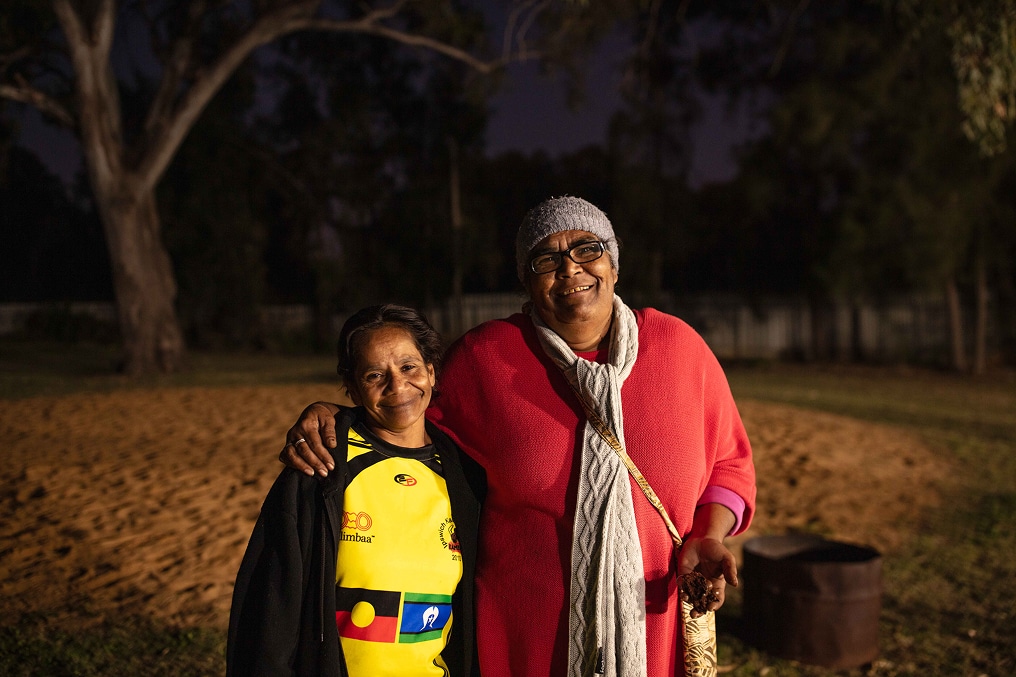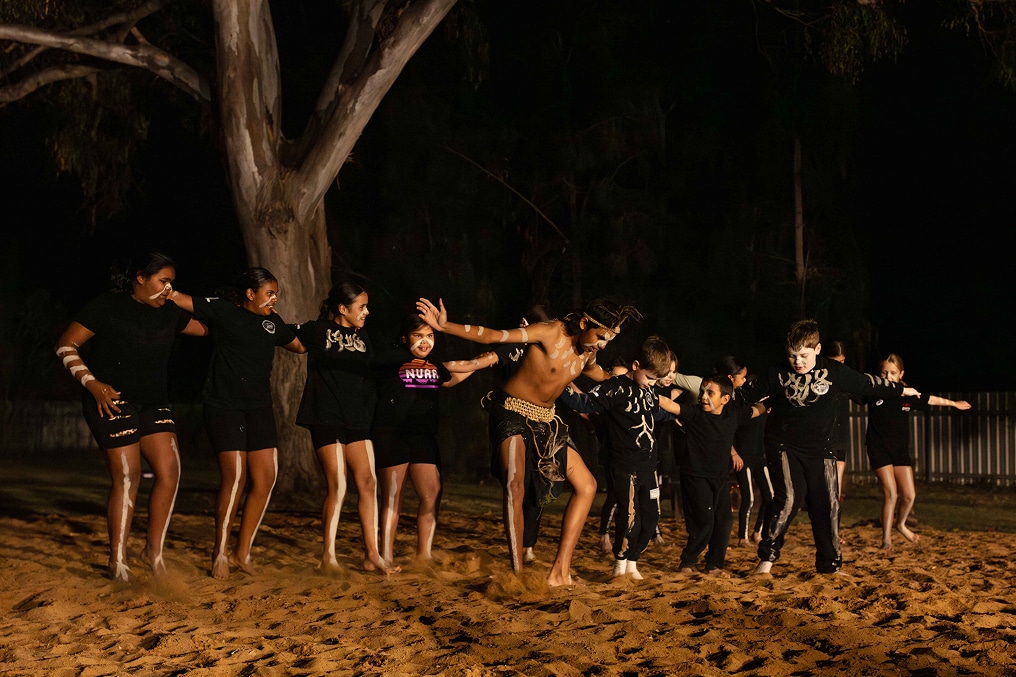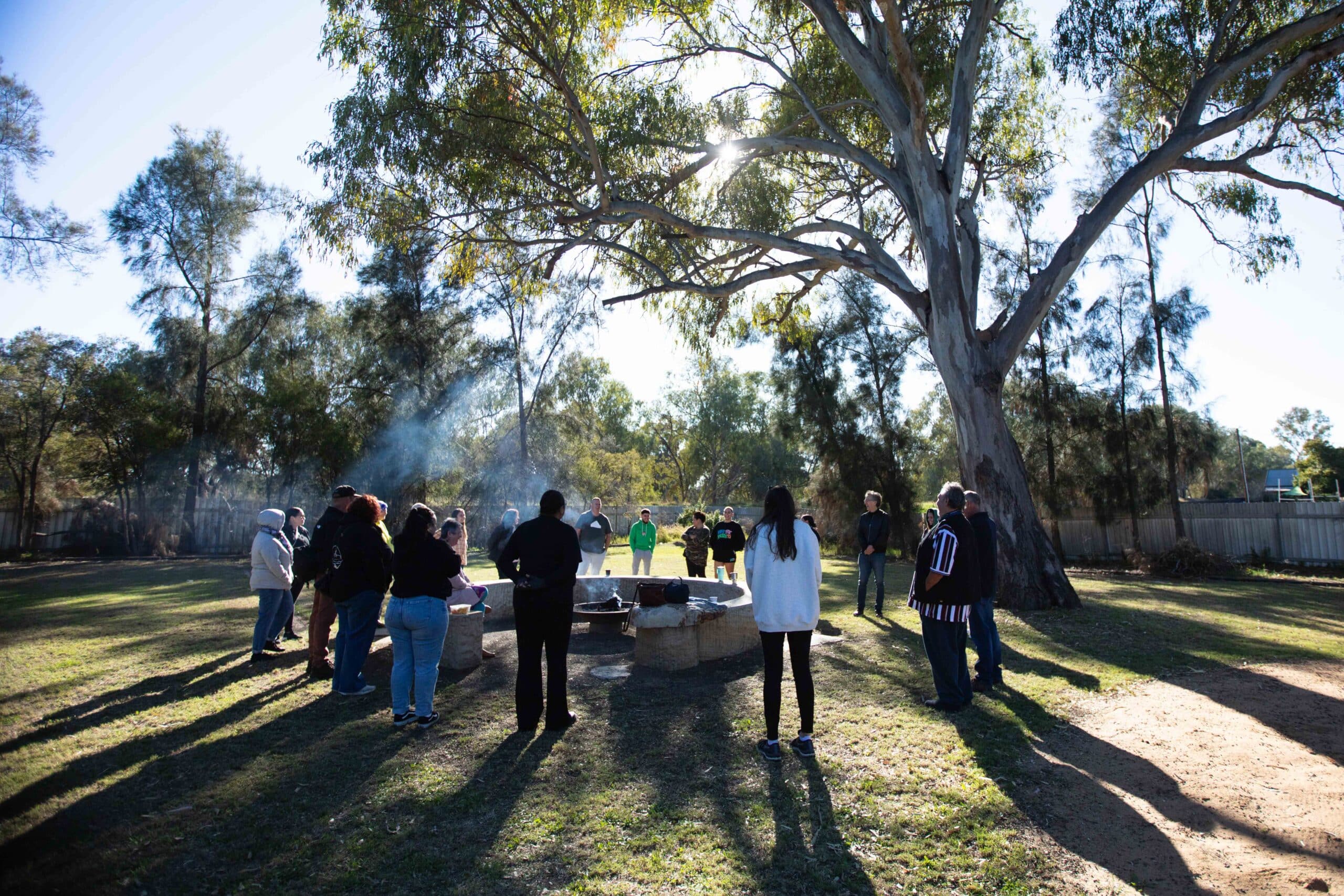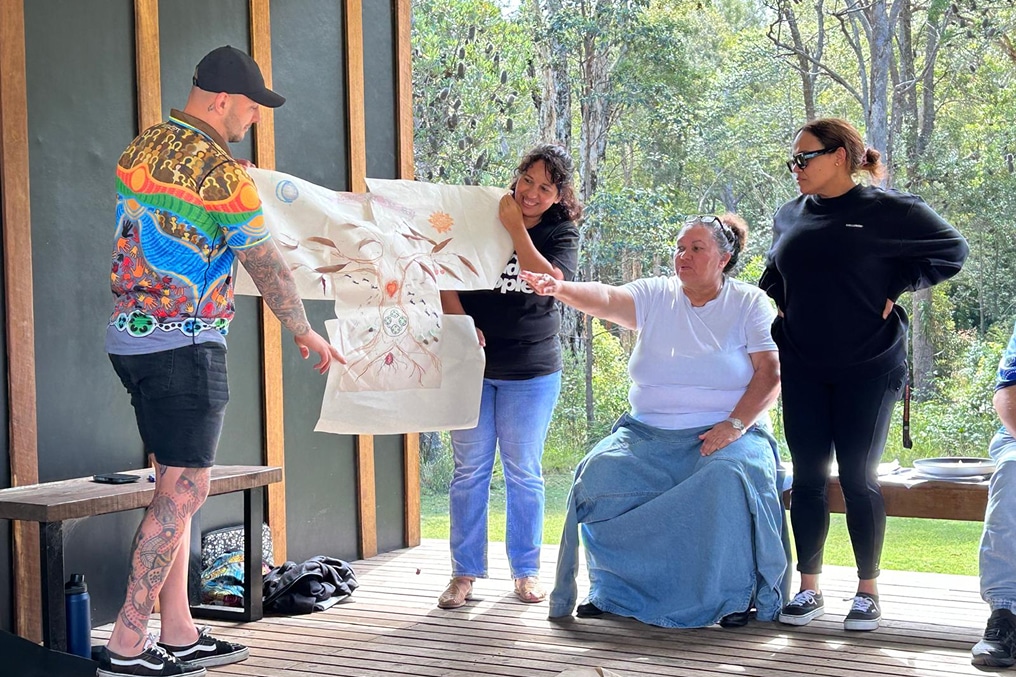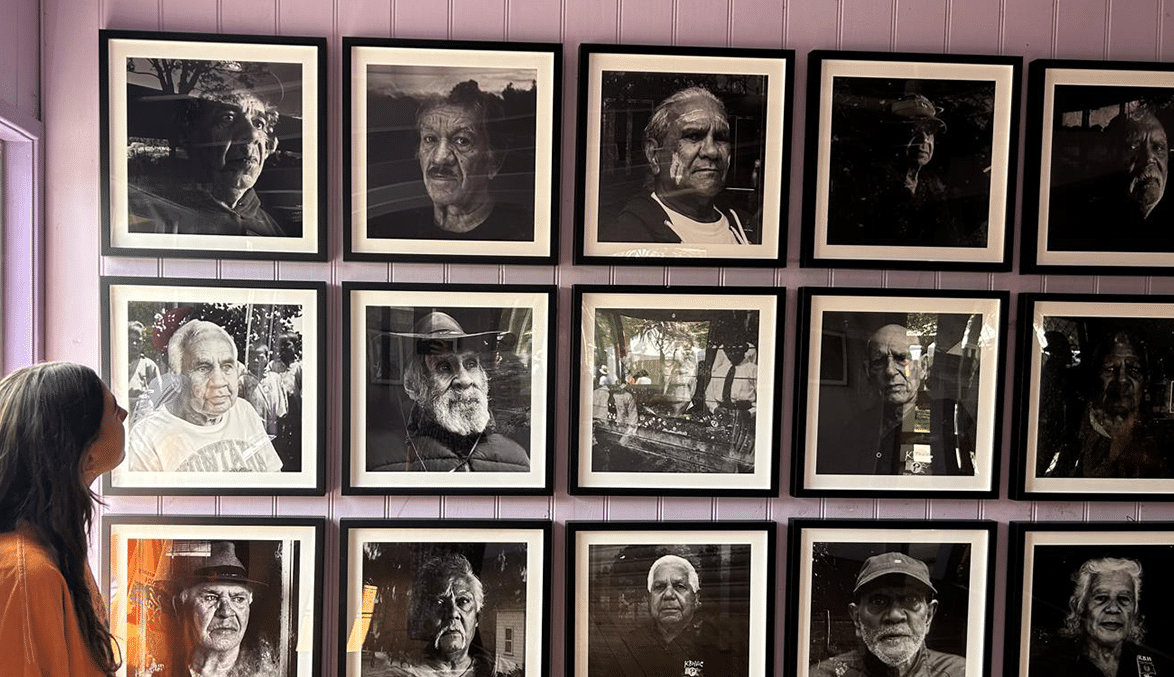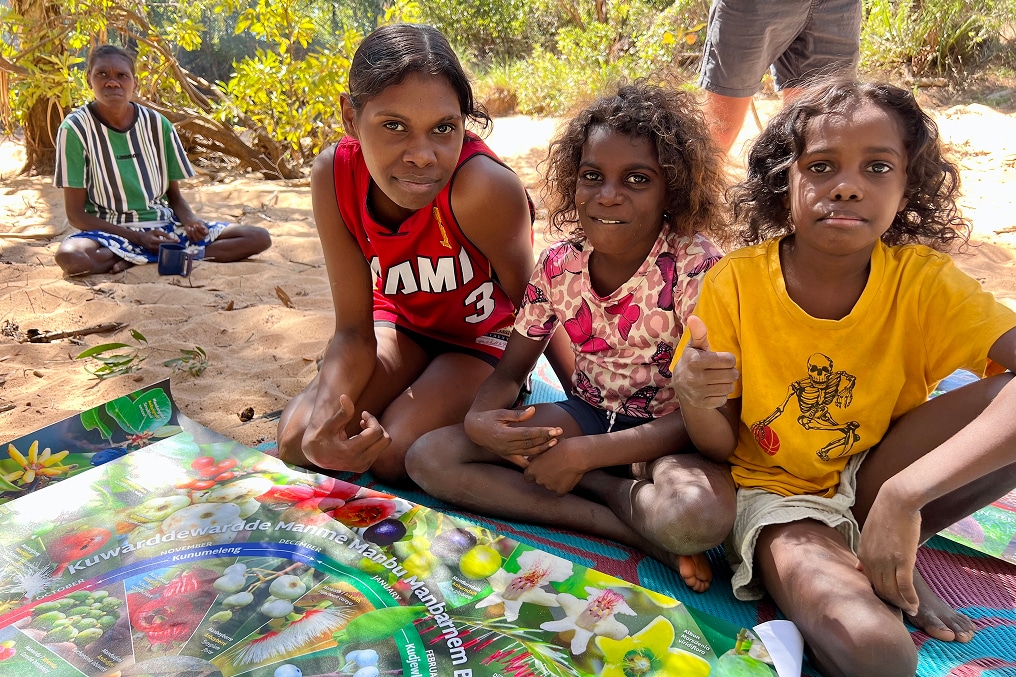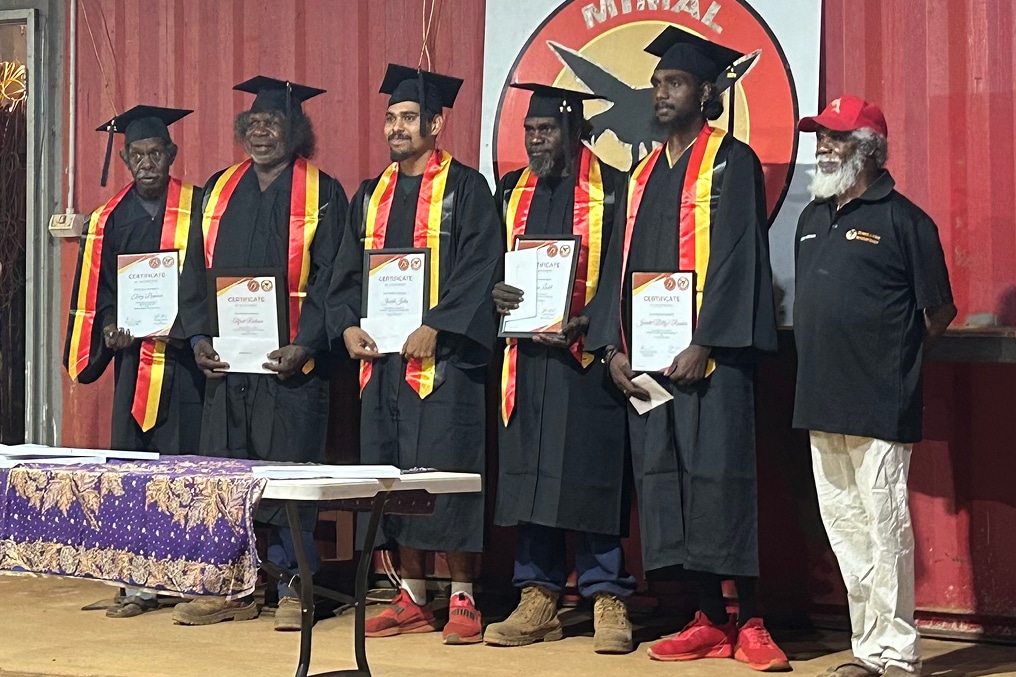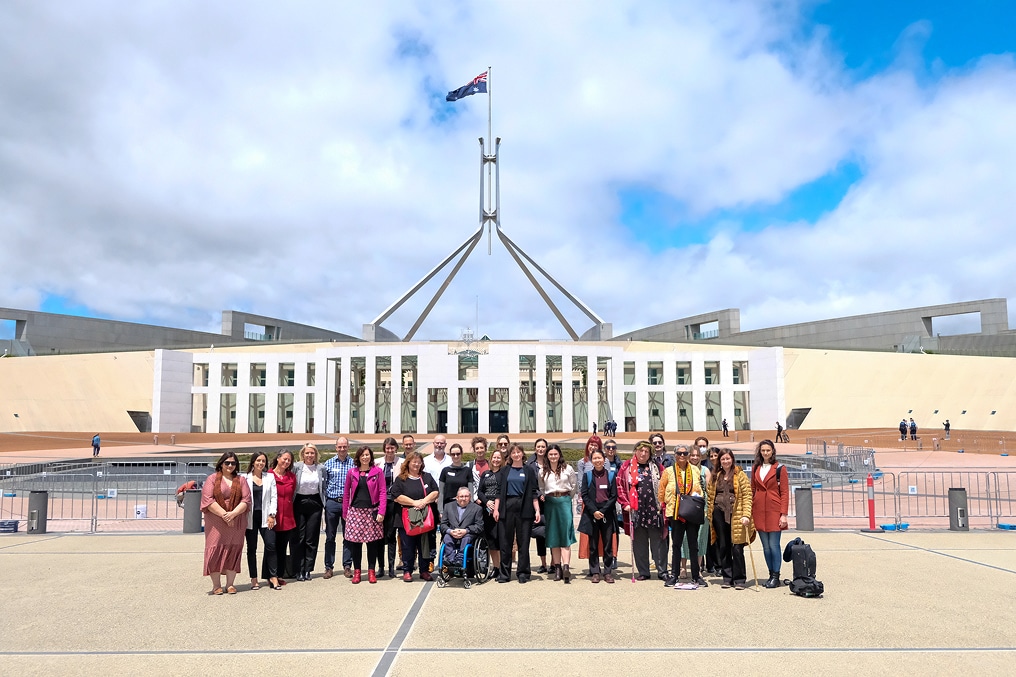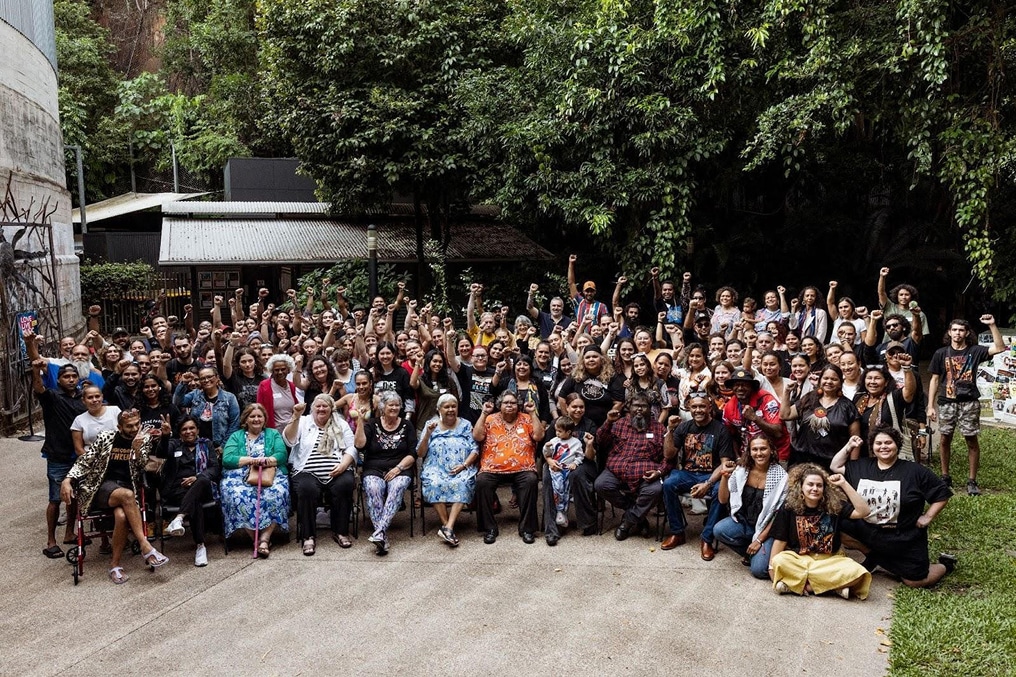It provides point in time data for three main measures of youth participation in learning or work:
- teenagers not in full-time education and not in full-time employment
- unemployment rates among young people and 25 to 54 year olds
- young adults who have completed Year 12 or a post-secondary qualification.
Highlights in the 2005 report include:
- In May 2005, 85.1 percent of Australian teenagers were in full-time study or fulltime work, while 14.9 percent or 208,400 teenagers were not. These proportions have varied only slightly since the recession of the early 1990s
- Educational attainment is improving: in 2004, 80 percent of teenagers had completed secondary school or a Certificate II or higher compared with 75 percent in 2002
- 84,400 (29 percent of) teenagers who left school in 2003 were not in study and were either working part-time, unemployed, or not in the labour force in May 2004
- Females are more likely to experience a troubled transition from school than male school leavers despite a higher rate of completing Year 12 and higher participation rates in post-school education
- In May 2005, unemployment rates for teenagers were three and a half times higher than for adults aged 25 to 64 years; and unemployment rates for 20 to 24 year olds were twice those of older adults
- The proportion of teenage apprentices taking up trade apprenticeships increased markedly from 2003 to 2004.
How Young People Are Faring 2005 (1.07 MB)
How Young People are Faring 2005: A commentary. Dr John Spierings (71.71 kB)
January 2005
Author: Mike Long – Monash University-ACER Centre for the Economics of Education and Training (CEET)



